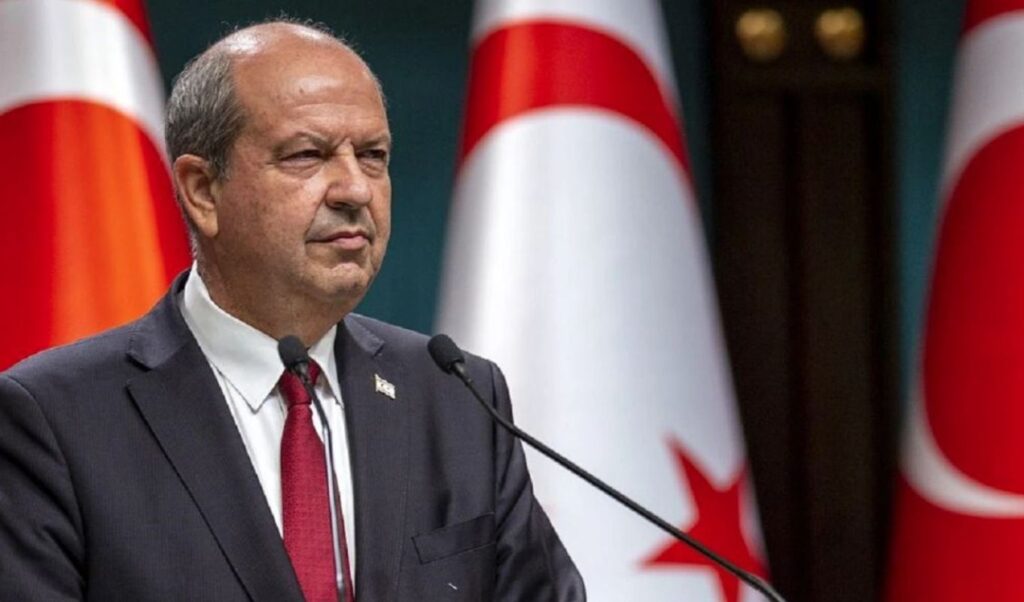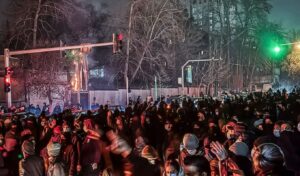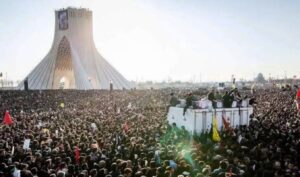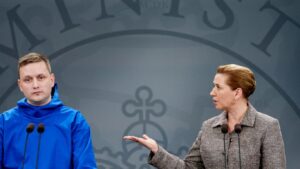Negotiations for the Cyprus Problem are in a waiting phase until the elections scheduled for October 19 in Occupied Cyprus. Yesterday, citing personal reasons, Maria Angela Holguín, UN Secretary-General António Guterres’ personal envoy, postponed her visit to Cyprus, while the new five-party meeting is expected to be scheduled after the election results in the occupied territories of Northern Cyprus.
Turkish Cypriot leader Ersin Tatar once again advocated for a two-state solution yesterday. On the occasion of World Peace Day, he connected the concept of peace with the 1974 Turkish invasion and argued that peace is achieved by accepting a “two-state solution based on sovereign equality.”
Tatar and Erhurman positions in the occupied territories election campaign
The election campaign in the occupied territories is dominated by party confrontations over their positions on resolving the Cyprus issue. The new leadership to be elected will be called upon to take a stance on the matter, although Ankara’s influence and decisions always determine the outcome.
However, based on current data, two main poles have formed. The first, led by Ersin Tatar, refers to a two-state solution, while the second, headed by Tufan Erhurman, proposes a federal solution.
Despite Turkey’s directives, which has declared its support for Ersin Tatar, polls show Tufan Erhurman appears to have the lead.
The number of registered voters is expected to play a significant role in the elections. According to announcements yesterday from the “supreme court” and “supreme electoral council” of the pseudo-state, 18,000 more voters will vote in the upcoming elections. However, the number of registered voters is disputed by the opposition, which claims that a large number of settlers have recently moved from Turkey, prompting objections regarding the number of those registered on electoral rolls. Nevertheless, the “supreme court” president assured that the relevant authorities are ready for a “credible and transparent process.” What is certain is that the outcome of these elections will largely determine the course of the next phase of negotiations.




